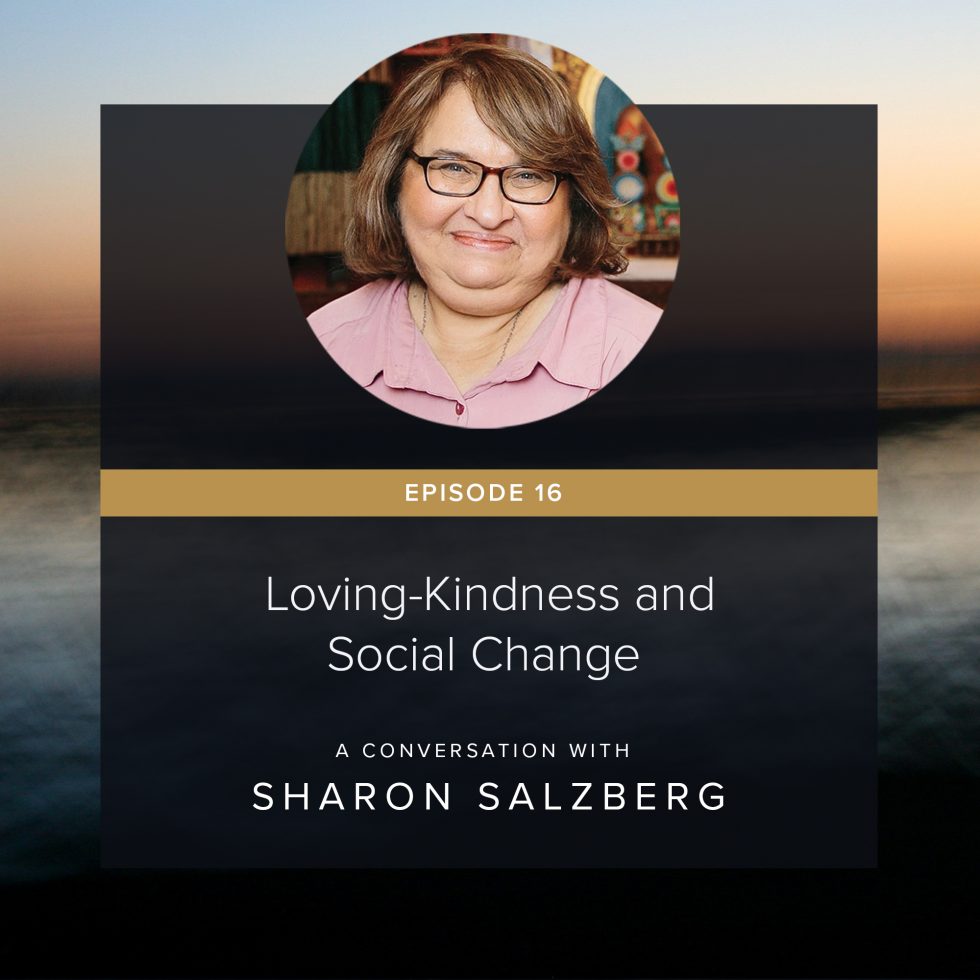

Learn more at .Ĭurrent statistics tell us that 20% of the US population has some form of chronic pain, defined as severe discomfort that has continued for six months or more. David has worked with many other organizations to bring Trauma-Sensitive Mindfulness to their staff and programs. His work has been adopted into multiple mindfulness teacher training programs around the world, including UCLA’s Mindful Awareness Research Center (MARC), the Engaged Mindfulness Institute, and Bangor University’s MA in Mindfulness program in the UK. Through workshops, keynotes, podcasts, and online education, David is closely engaged with current empirical research to inform best practices. He focuses on offering mindfulness providers the knowledge and tools they require to meet the needs of those struggling with trauma. David Treleaven, a leading voice in Trauma-Sensitive Mindfulness (TSM), to explore the five principles of TSM, why the breath is not always a neutral or safe object of attention, how to tell if an intense meditation experience is helping or not, when to lean in to your practice and when to change direction, techniques to re-ground and regulate, guidance for meditation teachers, the importance of supportive relationships in TSM, and much more. In this episode, Sounds True founder Tami Simon speaks with Dr.

By adopting trauma-sensitive principles, those healing from trauma often have the most to gain. That doesn’t mean they should avoid these practices. Mindfulness meditation, yoga, and other spiritual practices bring many benefits, but for those struggling with trauma, those practices can actually amplify their symptoms. David is the founder of Trauma-Sensitive Mindfulness (TSM), a community of practitioners committed to setting a standard of care through mindfulness-based practices, interventions, and programs. He is the author of Trauma-Sensitive Mindfulness and a visiting scholar at Brown University. David Treleaven, PhD, is a writer, educator, and trauma professional working at the intersection of mindfulness and trauma.


 0 kommentar(er)
0 kommentar(er)
